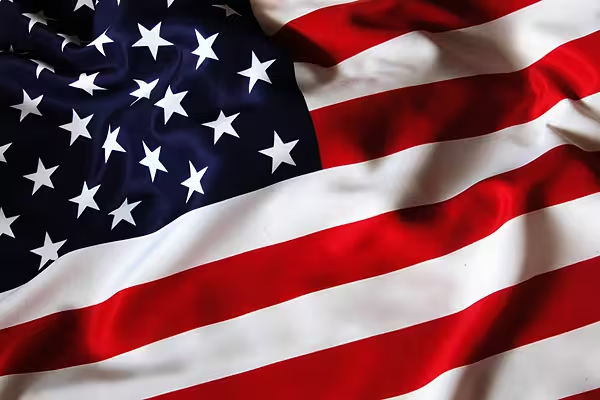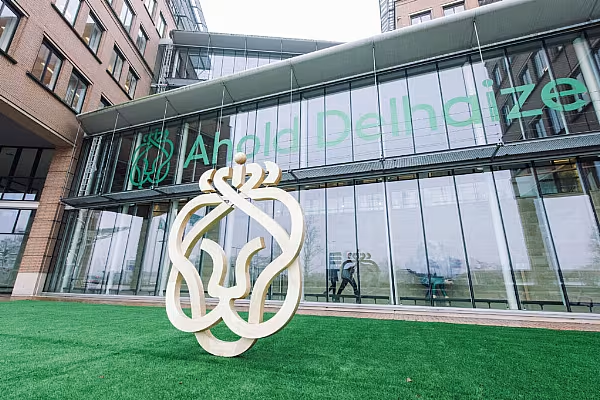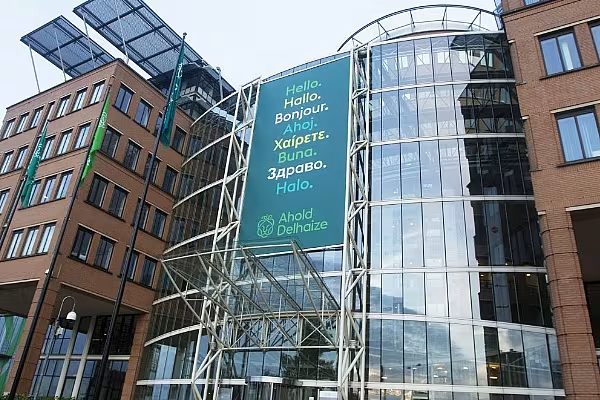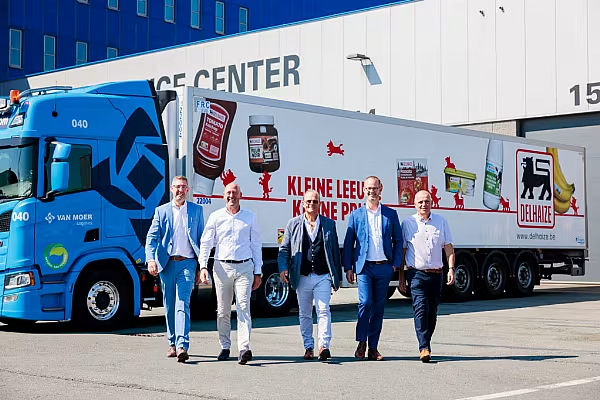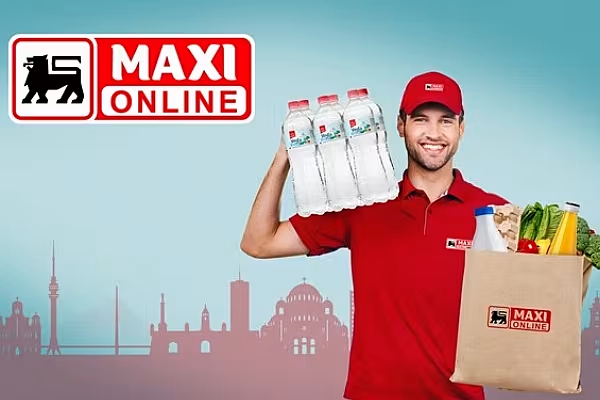Royal Ahold's move to buy Delhaize Group, which engineers what will be the fifth-biggest US grocer, is the world's biggest supermarket deal for almost a decade.
It should also be a wake-up call for the UK grocery industry, which needs to spend less time waging price wars and more time engaging in takeover battles.
The motivation for the €9.3-billion deal echoes the themes playing out in the UK. Ahold's Giant chain and Delhaize's Food Lion stores have been hurting from competition with discounters, including Walmart Stores.
That mirrors the British backdrop, where Tesco, Sainsbury's and Morrisons have seen their market share eroded as Aldi and Lidl, two privately owned German companies, have flooded the country with cut-price food.
The three biggest publicly traded UK grocers have all suffered a collapse in their enterprise values (a proxy for takeover value that counts market capitalisation, preferred equity and debt less cash and equivalents). While Tesco still isn't exactly a minnow, with an enterprise value of almost £27 billion, all three are much cheaper targets than they were five years ago.
Debt-rating company Moody's Investors Service reckons that UK supermarkets face another 18 months of price wars that will hamper efforts to restore profitability. Morrisons announced earlier this month that it would slash prices by as much as one third for 200 of the most popular grocery items, trimming 25 per cent off the cost of a bag of sugar and 11 per cent off a box of eggs, for example.
While those price reductions have boosted volumes, they've damaged margins. And, as Bloomberg Intelligence analyst Charles Allen said, the popularity of food shopping on the web makes it less likely that customers will spontaneously add extra items to their baskets.
UK food retailing is seeing a more sustained recovery in volumes, an important indicator of industry health. This gain was only achieved at the expense of major price reductions, as supermarkets adapted to competition from a limited assortment of discounters. Online grocery continues to take shoppers out of stores, making it more difficult for supermarkets to stimulate impulse purchases.
As a small island with a decent road infrastructure, the UK has embraced Internet food shopping, with Britons opting to pay for the privilege of two-hour home-delivery windows rather than schlep around the supermarket aisles themselves. As a result, Internet sales have outstripped store income on a relative basis in recent years.
Consolidation is long overdue for Britain's food retailers. It's 15 years since Walmart Stores paid almost $11 billion for Asda. It's 12 years since billionaire Philip Green took a shine to Safeway when it was the UK's fourth-biggest grocer, before conceding defeat to Morrisons' £2.9-billion offer. (Tesco had also considered bidding for Safeway in 2003.) And it's a decade since Green abandoned his £9.1-billion adventure in trying to buy Marks & Spencer Group.
Blackstone Group's John Studzinski said that he reckons 2015 mergers and acquisitions activity will beat the record set in 2007, with this year on track to surpass $3 trillion for the first time in eight years. It's time UK grocers added to the 11,000 global deals already under way – before the price war wounds one of them fatally.
News by Bloomberg, edited by ESM
